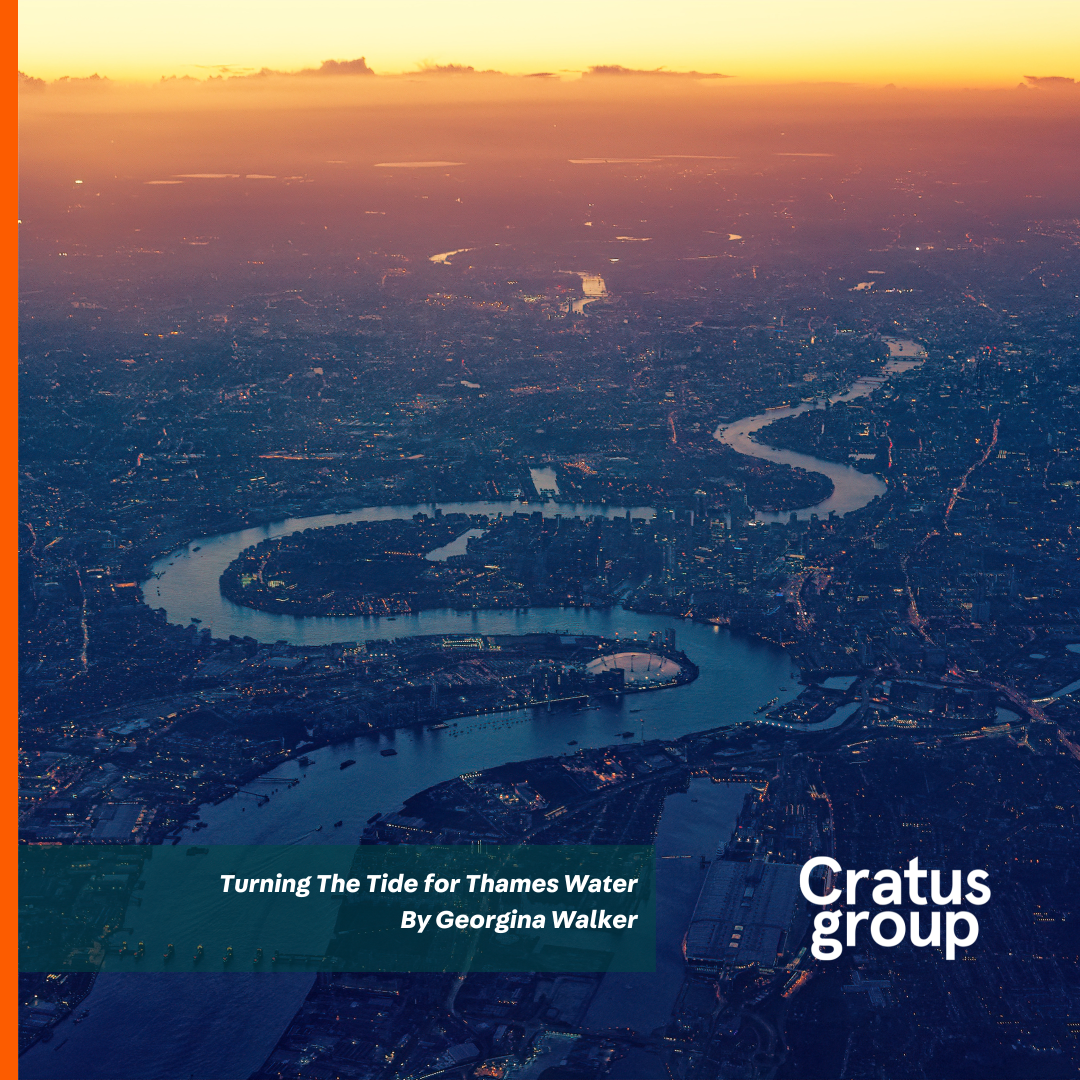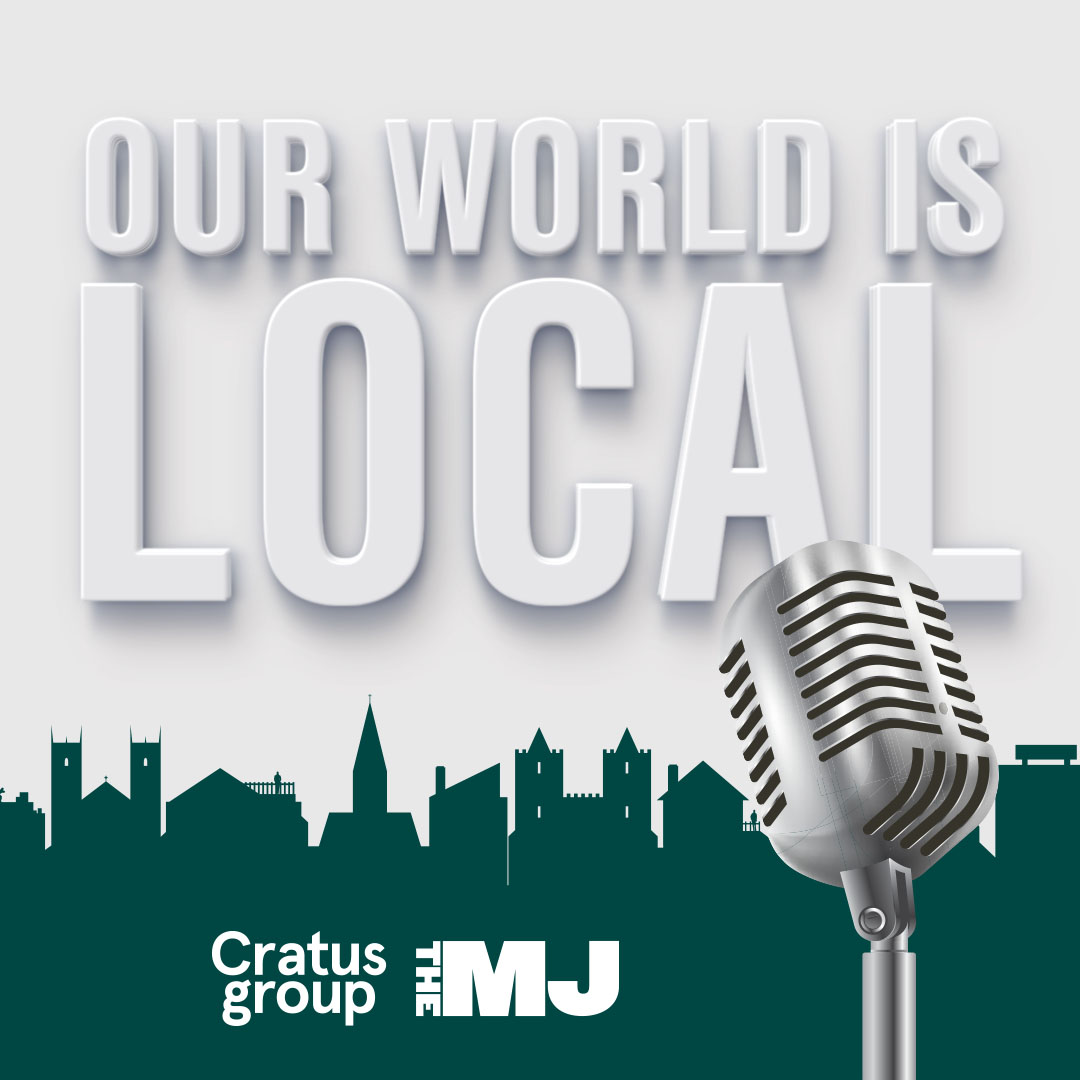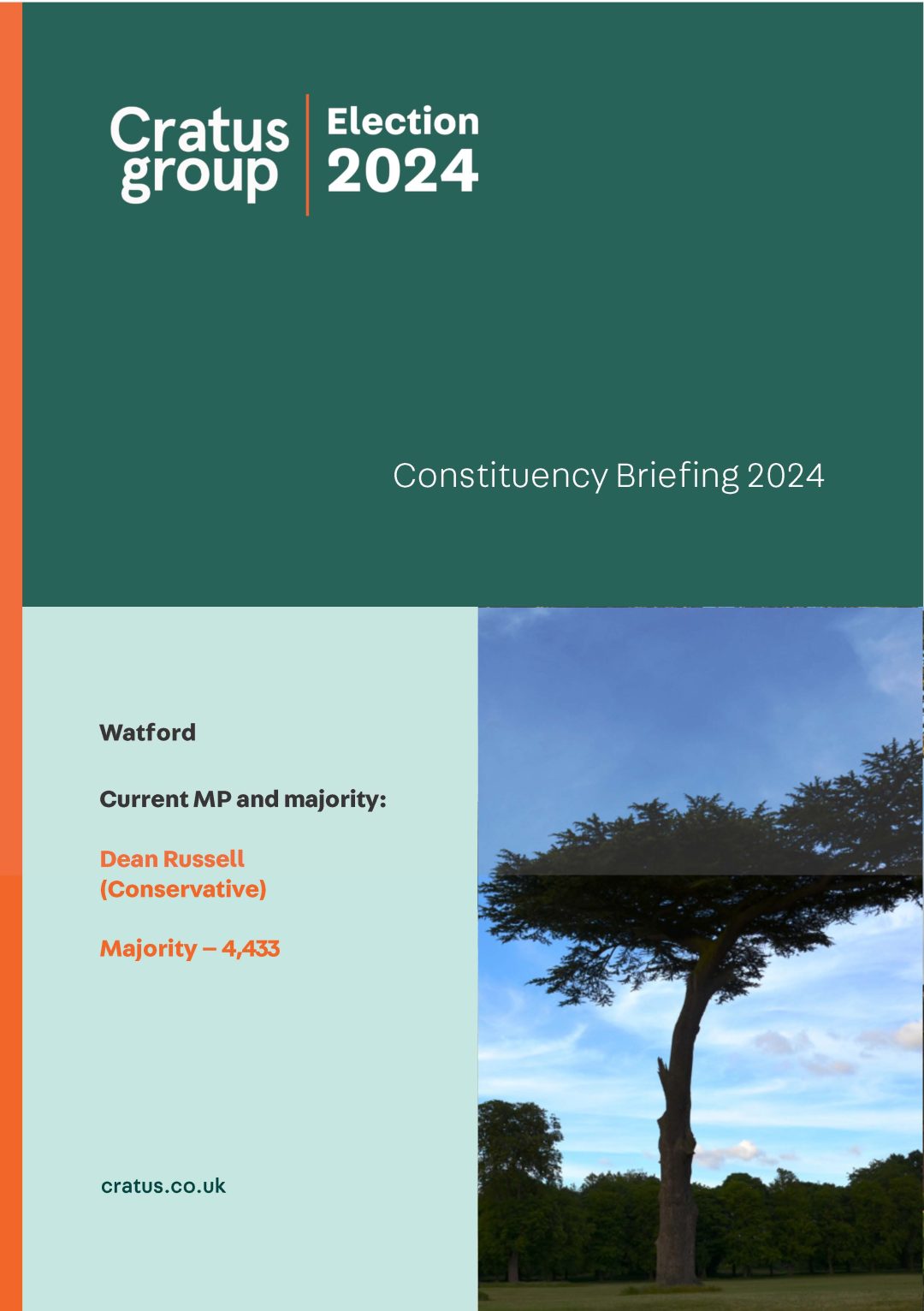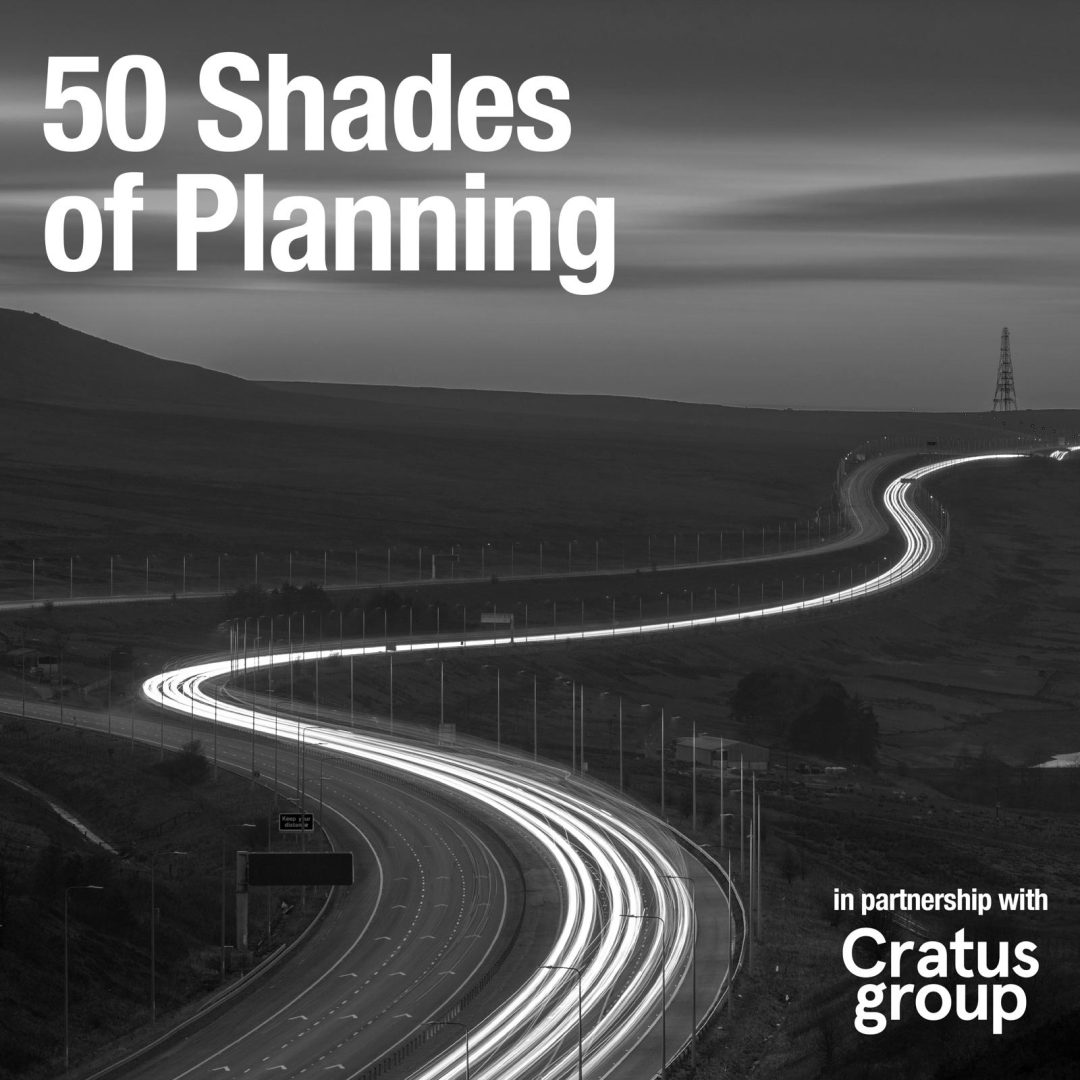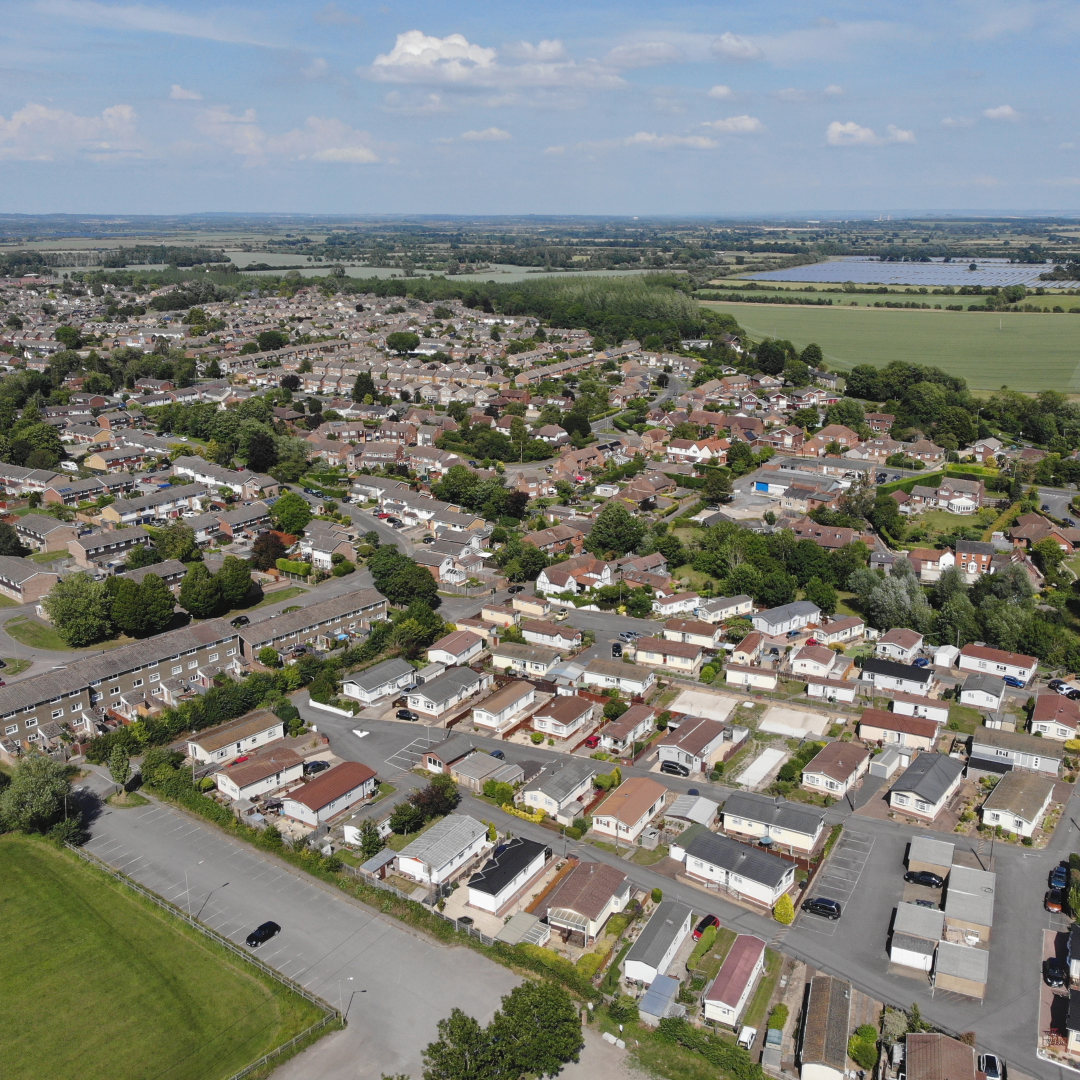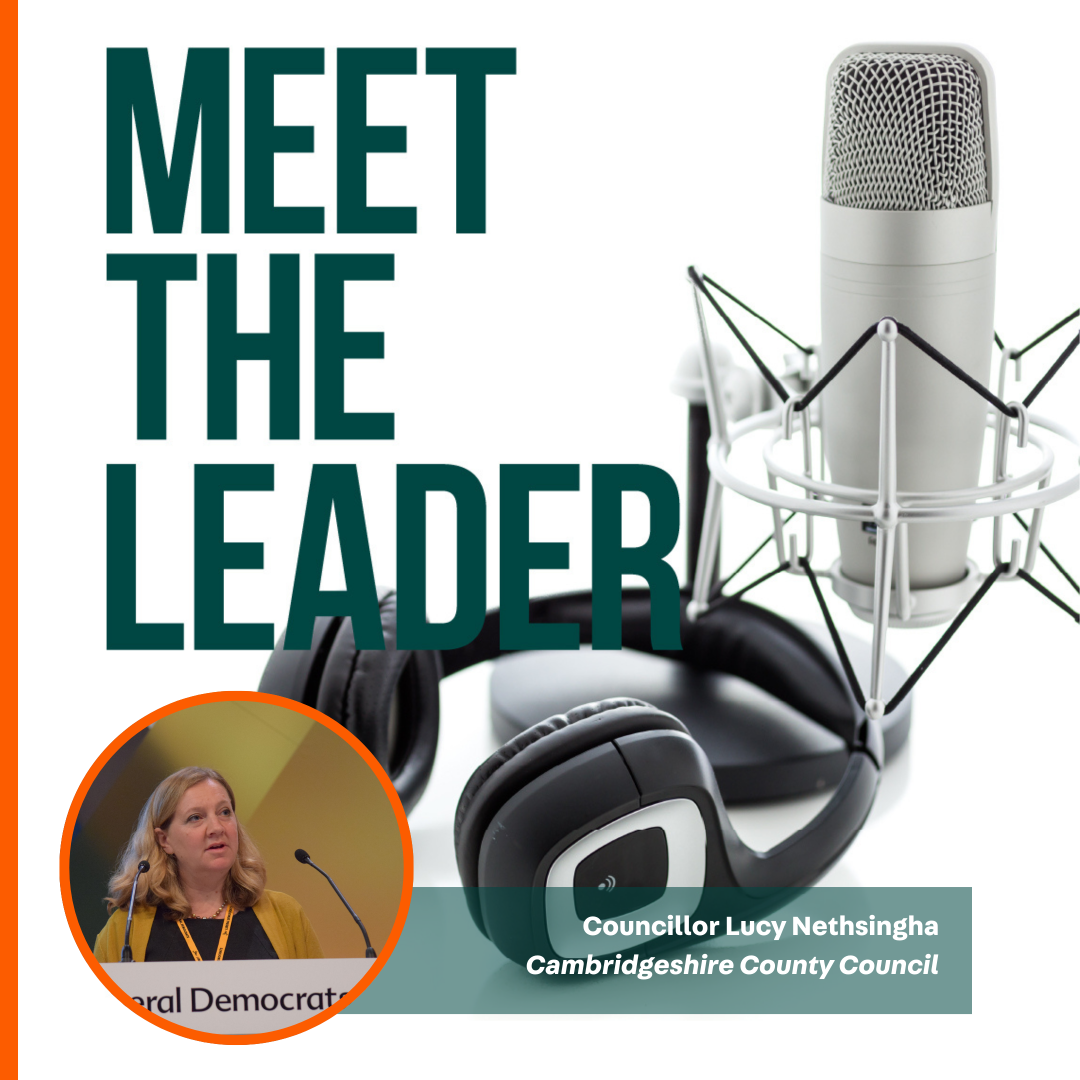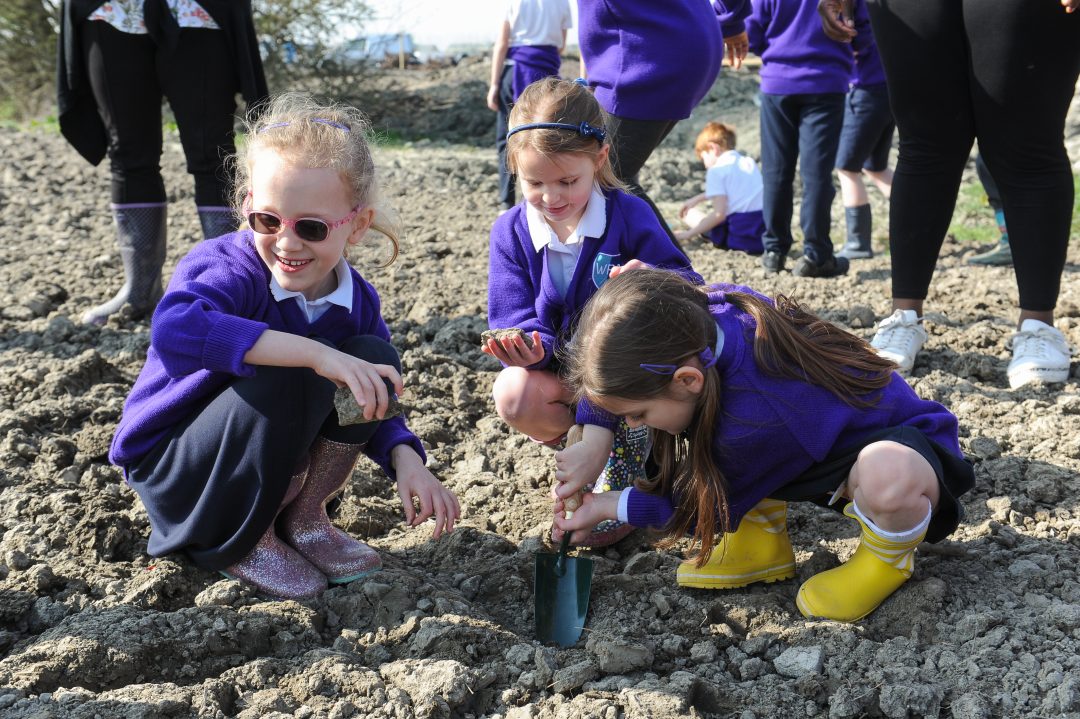It’s Not a One Way [High] Street
By Helen Tilton – Associate
We all know that high street retail is struggling to withstand an ongoing series of blows, with decline stemming from a change in retail habits being further accelerated and impacted by the coronavirus pandemic. The impact is being felt in lots of different ways…but it’s not all negative. The pandemic is showing us what we value most in the local and the independent, and what it means to be part of a community.
The retail decline has affected what we perceive as ‘typical’ high streets, but also town and city centres and neighbourhoods. Throughout history these places have been the focus for more than just shopping, they have been hubs for community activities and business activity – and they have the potential to reshape themselves once again. All these places have a part to play in supporting economic recovery.
In very simplistic terms you could say that recovery happens when private and public sector investment, local government and communities come together as one.
The South West has made great strides in this regard. ‘Liveable Exeter’ and ‘Taunton 2040’ are great examples of areas with campaigns that promise fantastic growth potential, and rightly so, not least because their context is that of Garden Communities. But re-imagining the future of areas doesn’t have to start from such a grand precept.
Kingswood is a small town on the eastern border of the City of Bristol, selected as the pilot for South Gloucestershire as part of the West of England Combined Authority (WECA) ‘Love our High Streets’ initiative. The local engagement process has been largely traditional but underpinned by tangible proposals that have meaning to residents – such as the proposed renewal of the derelict Whitfield Tabernacle as a performing arts centre and public park. The overall catalyst effect in terms of securing further investment has been significant. It has been recently reported that WECA’s latest financial contribution could see the total spend on regeneration rise to a whopping £25m, in addition to a provisional award of £12.5m from the government’s Future High Streets programme and £5m from South Gloucestershire Council.
The seaside town of Weston-super-Mare in North Somerset is also harnessing financial support from WECA and government departments. At the same time the council is involving long-term private investment and has also been undertaking hands-on engagement through #superweston. This hasn’t just looked at physical plans for the future but has really tried to stir passion for what Weston means to residents and visitors and has included everything from walks, to poetry and bold imagery to encourage hearts and minds to unravel how the place is experienced and what gives it soul.
A first phase of the project aims to support vacant shops being turned into new workspace for small businesses, and an underused food court is to be converted into a bike hub with a food offer to attract visitors into the town from the seafront. Business West, a not-for-profit company that offers business support to start-up and growing businesses in the West of England, has (along with others) supported the potential repurposing of the rooftop car park, which just so happens to have one of Weston’s best views over the Severn Estuary. The car park has been used for temporary leisure in the past but could be properly tested as an events and leisure space by installing a canopy. Not all great ideas have to be complicated.
Engaging the community in projects that are tangible and deliverable can in turn generate a sense of community, and social and cultural investment in creating better places in turn attracts further financial investment. It’s rarely a one-way street.
![It’s not a one way [high] street](https://cratus.co.uk/wp-content/uploads/2021/02/its-not-a-one-way-high-street-scaled-1-1080x720.jpg)
